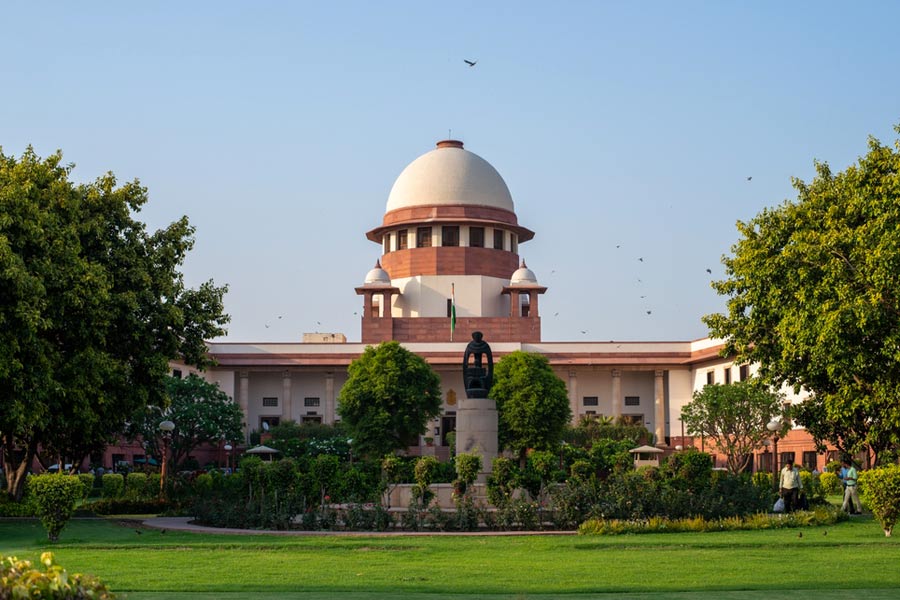It was a rare moment. The Enforcement Directorate was reportedly pulled up by the Supreme Court recently in no uncertain terms. Reports indicate that the ED has become increasingly cavalier in its application of the Prevention of Money Laundering Act and proportionately arrest-happy as well. The Supreme Court was sitting on the appeal of a father and son, both realtors, who had been arrested by the ED. Making it clear that provisions of the PMLA did not allow for arrest for anything less than a belief in the guilt of the accused, the court reportedly said that their non-cooperation, which the ED reported, could be no reason for arrest. Not admitting to guilt did not mean non-cooperation or evasion. The Supreme Court laid greatest stress on the PMLA’s requirement that the grounds for the arresting officer’s belief in the guilt of the accused had to be written out, signed and a copy given to the arrested person without exception. This was a constitutional and statutory right, and fundamental to the detainee’s presentation in court at a bail hearing. The court indicated that an arrest without reasons being given in writing to the accused was ‘clandestine’.
Although the ED is supposed to act independently, it appears to be targeting Opposition leaders under the Narendra Modi-led government. The most recent arrest was that of the Aam Aadmi Party leader, Sanjay Singh. Whatever be the ins and outs of the case, the arrest strengthened the Opposition’s charge that the government has weaponised laws and politicised independent institutions. The Supreme Court’s ruling did not refer to anything but the arrest of the two realtors. But it did lay down the law in the strongest terms against this: a premier investigative agency was supposed to act with probity and transparency, exemplifying ‘fair play in action’. It could not make arbitrary arrests or act with vindictiveness. These remarks come close to the bone of the ED’s conduct in recent times. Reportedly, the Supreme Court also ordered lower courts not to remand the accused in custody based purely on the ED’s report and documents without applying their minds. The principles innate in the Supreme Court’s ruling and its sharp check to the abuse of power and the law would have far wider ramifications than for the ED and the two realtors.











